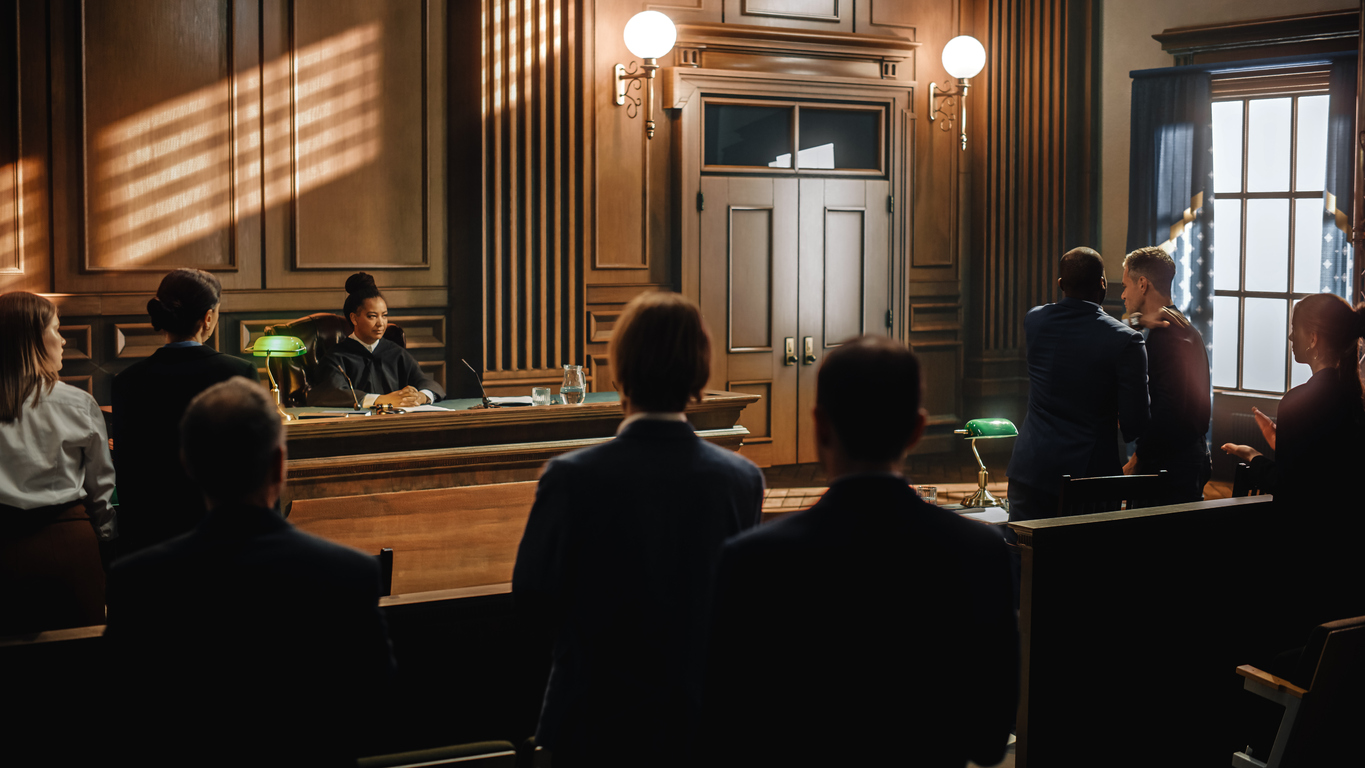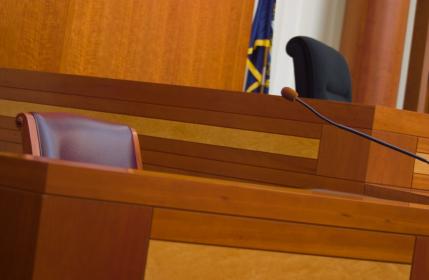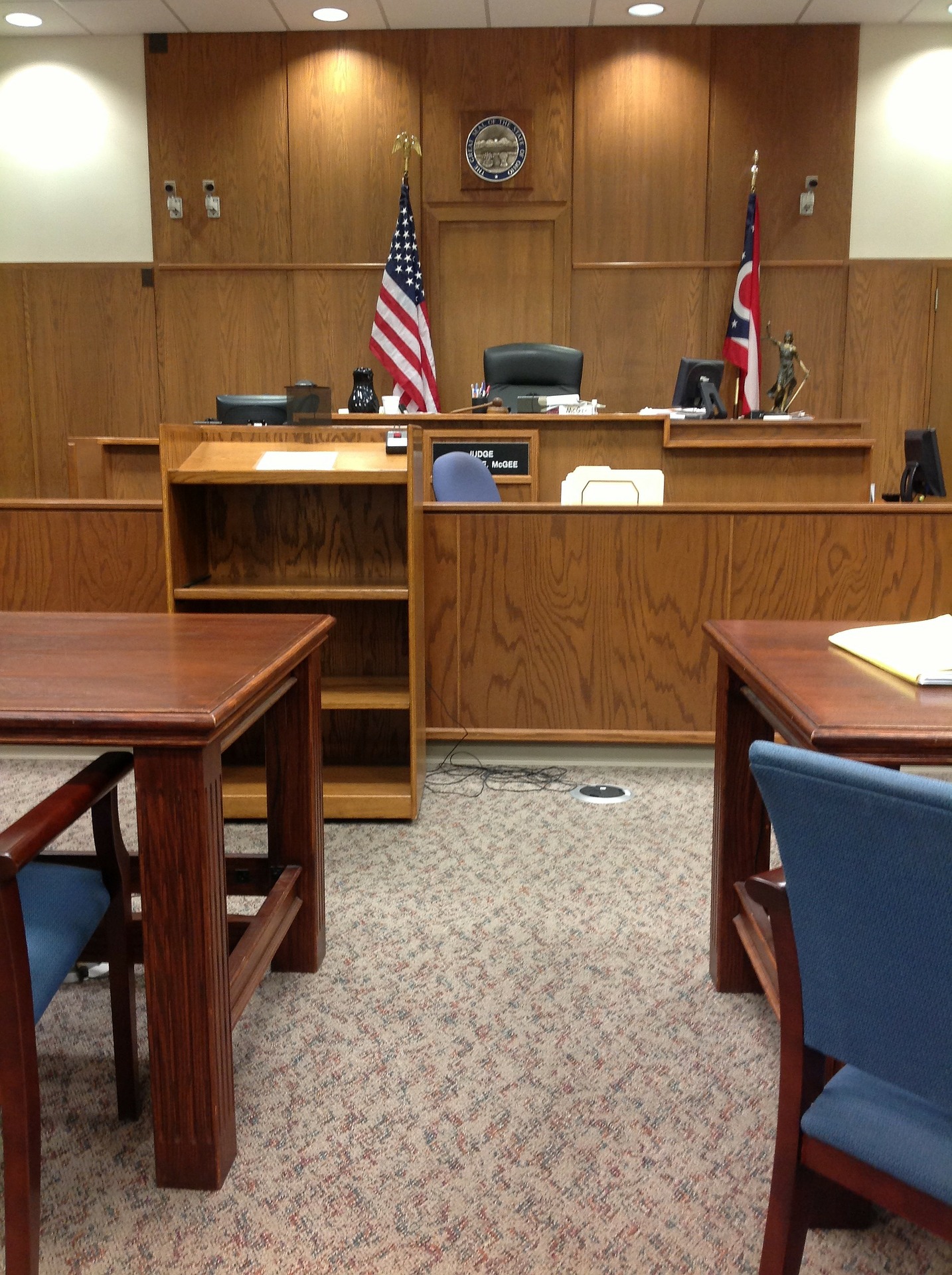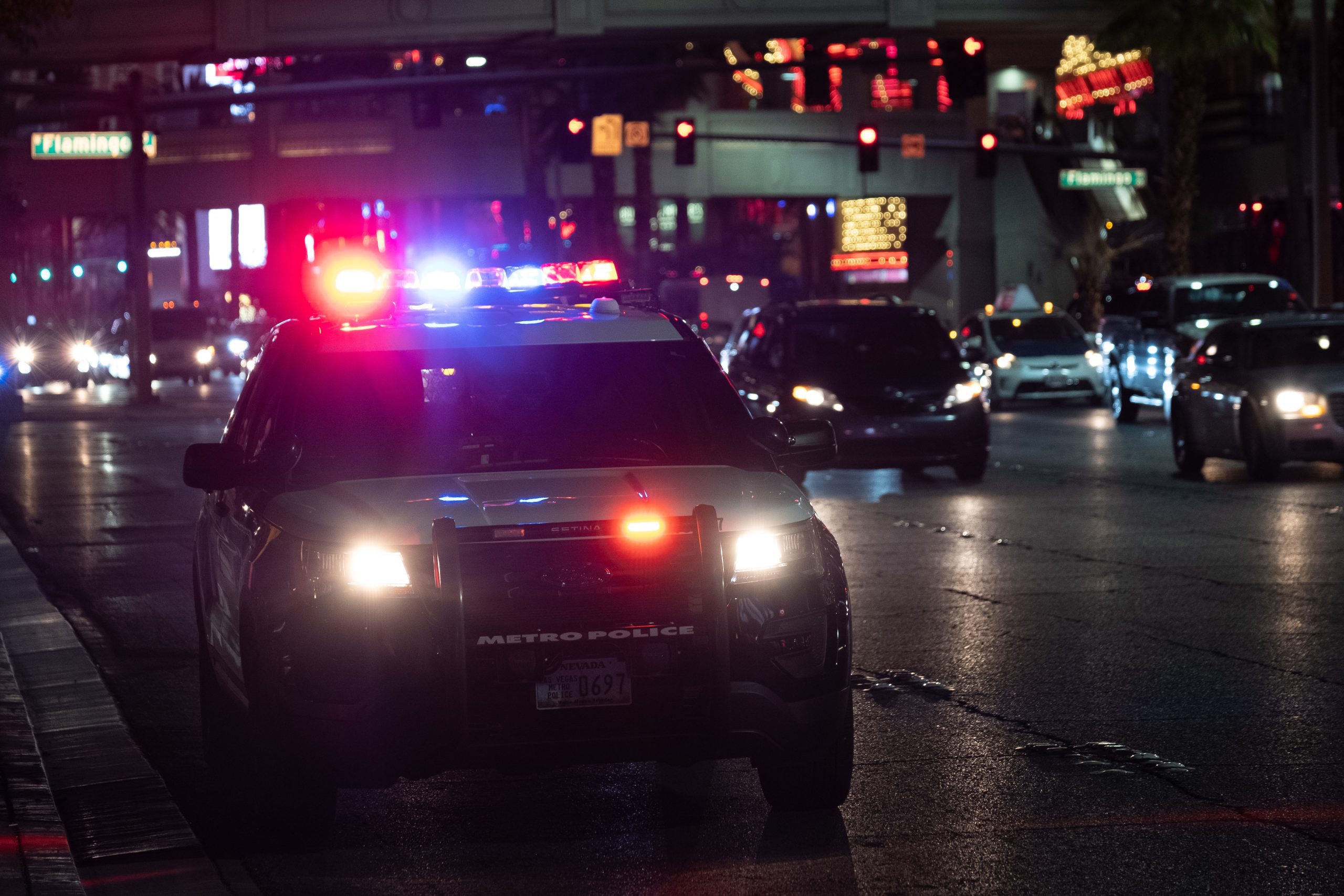Category: Going to Court
What Does Acquit Mean?
If a judge or jury decides to acquit you of a crime, it means that they find you not guilty. This does not mean, however, that you are innocent.
READ MOREWhat is a Juvenile Court?
Every state in the country has a juvenile court. They are created by state legislatures for youth charged with criminal offenses.
READ MOREWhat Kind Of Discovery Is Available In A Criminal Case?
In a criminal case, defendants are usually entitled to discovery. However, states like Virginia have very limited rules.
READ MOREAm I Entitled To An Expert Witness In My Criminal Case?
A defendant in a criminal case is not entitled to an expert witness. But, if one is necessary, the judge should allow you to have one.
READ MOREWho Can You Call As A Witness In A Criminal Trial?
There are three types of witnesses in a criminal trial: a lay witness, an expert witness and a character witness.
READ MORECan You Depose Witnesses In A Criminal Case?
You can depose witnesses in a criminal case, but it is not as common as it is in civil cases and often requires judge approval.
READ MOREHow Long Can You Be Held In Jail Before You’re Arraigned?
You can be held in jail for up to 72 hours (and sometimes even longer) before you are arraigned in a criminal case.
READ MOREWhat is Insufficient Evidence?
Courts can dismiss charges against a defendant in a criminal case if there is insufficient evidence presented by the prosecution.
READ MOREWhat is a Bivens Action?
A Bivens action is a lawsuit against a federal government official who violates someone’s constitutional rights.
READ MORE





